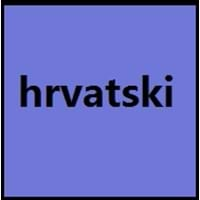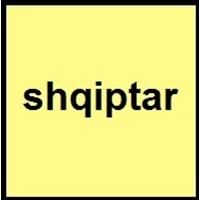Croatian vs Albanian
- In croatian language, everywhere there are words without vowels.
- Though croatian language was born in 9th century, the first written document in croatian was in 11th century.
- Albanian Language has adopted words from Latin, Greek, Turkish, Italian and Slavic languages.
- 74% Albanian people are atheist, they never go to church or mosque.
Croatian and Albanian Language History
Comparison of Croatian vs Albanian language history gives us differences between origin of Croatian and Albanian language. History of Croatian language states that this language originated in 9th century whereas history of Albanian language states that this language originated in 1462 AD. Family of the language also forms a part of history of that language. More on language families of these languages can be found out on Croatian and Albanian Language History.
Croatian and Albanian Greetings
People around the world use different languages to interact with each other. Even if we cannot communicate fluently in any language, it will always be beneficial to know about some of the common greetings or phrases from that language. This is where Croatian and Albanian greetings helps you to understand basic phrases in Croatian and Albanian language. Croatian word for "Hello" is bok or Albanian word for "Thank You" is Ju faleminderit. Find more of such common Croatian Greetings and Albanian Greetings. These greetings will help you to be more confident when conversing with natives that speak these languages.
Croatian vs Albanian Difficulty
The Croatian vs Albanian difficulty level basically depends on the number of Croatian Alphabets and Albanian Alphabets. Also the number of vowels and consonants in the language plays an important role in deciding the difficulty level of that language. The important points to be considered when we compare Croatian and Albanian are the origin, speaking countries, language family, different greetings, speaking population of these languages. Want to know in Croatian and Albanian, which language is harder to learn? Time required to learn Croatian is 44 weeks while to learn Albanian time required is 44 weeks.





